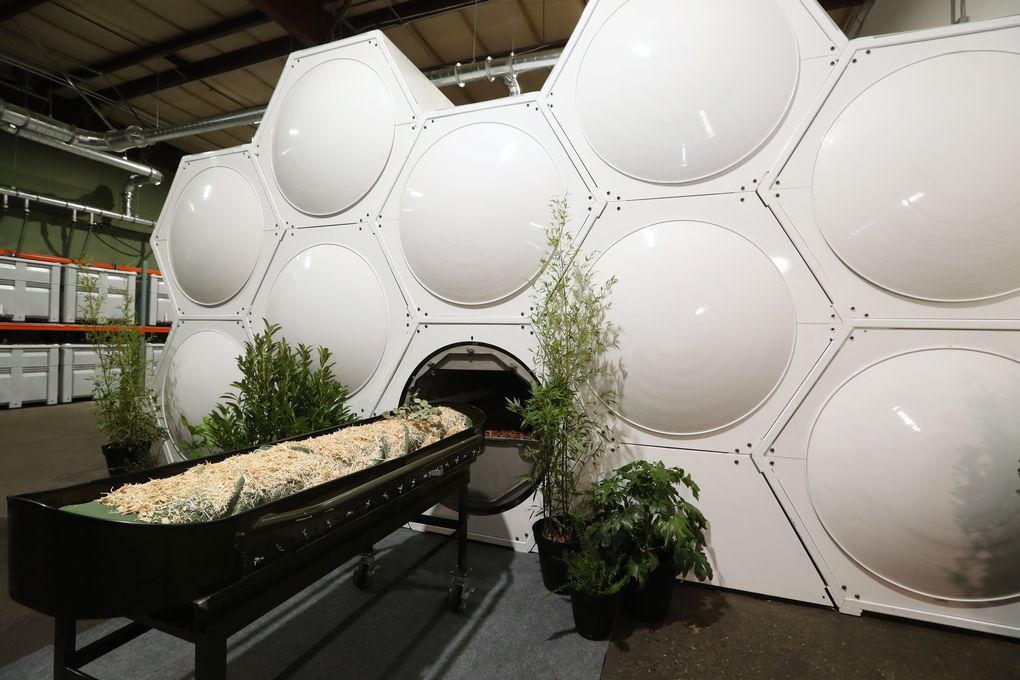“Political Ecology of Death in the Anthropocene” is a fascinating title––oddly specific, yet broad enough to cover so many things. Signing up for this course, I was hooked.
My death is something that I contemplate quite often. It entails considering the possible ways that I want my body disposed of: I hate the idea of being eaten by worms, so burial and composting are out, and while I don’t enjoy imagining my body burning, at least my cremated ashes won’t be a direct meal for some creature. It entails thinking about my soul––will I have a next life, or will my “soul” and conscious just cease to exist in the universe? It also entails significant FOMO (fear of missing out), which is my ultimate motivator in life to do my best, please as many people as possible, see as many places as I can, and consume without need. To quote the NPR podcast We’re All Gonna Die!, “the fear of death haunts the human animal like nothing else.” I can certainly relate.
Now, only a week into this course, I’m realizing that there are many problematic implications with how I approach the fear of my death.
Using systems thinking, my death and following disposal is individual, in that it is important psychologically to me. It is also part of a larger system of the earth’s ecology. How then should I approach the subject of my body? Do I respect myself and get cremated to avoid the “ew” factor? Or do I respect the Earth, future generations, and climate action, and instead choose composting? The fact that I have a choice is part of the problem and demonstrates how our species is out of bounds. I am inclined to choose an option that hurts the environment, other humans, and the entire planetary system. To the question of “what kind of species will we be,” from Professor Litfin’s Becoming Planetary, it will someday be up to me decide in this one small, yet impactful decision and make the mature choice.
Considering terror management theory, it may be my fear of the unknown that drives my FOMO and qualms of the soul. Maybe if I were religious, I would not feel the need to travel so much or buy so many things because I could find comfort and security in a certain “after.”
I’m curious to see how this course’s content, discussions, and contemplative practices will continue to insight deeper understandings and challenge my views about death.

Image Source: Ken Lambert, The Seattle Times. Recompose, the first human-composting funeral home in the U.S. in Kent, WA.
